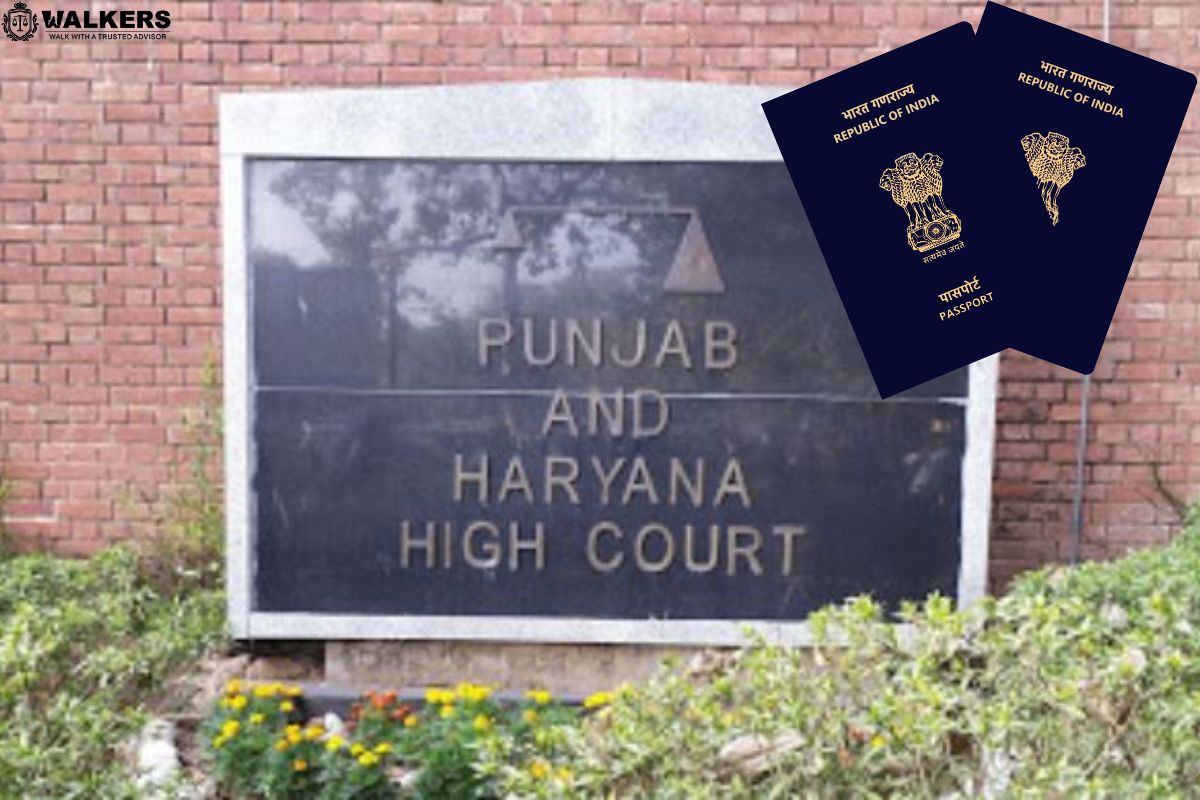


Punjab & Haryana High Court Rules Passport Issuance Not Barred for Post-Conviction/Acquittal Proceedings
In a recent ruling, the Punjab & Haryana High Court clarified that the prohibition on issuing passports to individuals facing criminal case proceedings under Section 6(2)(f) of the Passports Act does not apply to post-conviction or post-acquittal scenarios [Mohan Lal & Ors v. UOI & Ors].
Justice Jagmohan Bansal's bench concluded the following:
Effectively, once a person is convicted or acquitted, they fall under Section 6(2)(e), where a passport can be denied if the applicant has been convicted of an offense involving moral turpitude and sentenced to at least two years of imprisonment within five years before the application date.
To reduce passport-related legal disputes, the Court directed all passport authorities under its jurisdiction to consider its observations and findings while processing both pending and future applications.
The Court's decision was made during a hearing of petitions filed by convicts seeking directions to the Central government and relevant authorities for the renewal/issuance of their passports.
The State opposed the issuance of a passport to one petitioner, citing a conviction and 10-year sentence. However, the Court relied on various Supreme Court and High Court judgments, stating that Clause (e) of Section 6(2) becomes applicable as soon as the trial concludes.
The Court further justified its finding, explaining that in India, trials often take a long time to conclude. After a 5-year period following conviction, the likelihood of the applicant fleeing from justice is significantly reduced.
The Court emphasized that considering the changed social, scientific, and economic scenario, people traveling abroad for business or employment has substantially increased. Denying passports without evidence of a flight risk not only deprives them of their right to earn a livelihood but also violates their fundamental right to freedom of business and profession, as guaranteed by Article 19(1)(g) of the Constitution of India.
The petitioners were represented by Advocates HS Jugait, Nakul Sharma, KDS Hooda, and Janat Dhillon, while Advocate Reeta Kohli acted as amicus curiae. Advocates Vandana Kohli, Ankur Sharma, Neha Sharma, KK Jund, Amit Arora, and Maninder Singh appeared for the Central and State governments.
Click Here to: Download/View Related File
TAGS: Punjab & Haryana High Court Passport issuance Criminal case Section 6(2)(f) Passports Act Post-conviction Post-acquittal Clause (e) Conviction Moral turpitude Cognizance Notification Passport authorities Legal disputes Renewal Central government Trial court Fundamental rights.